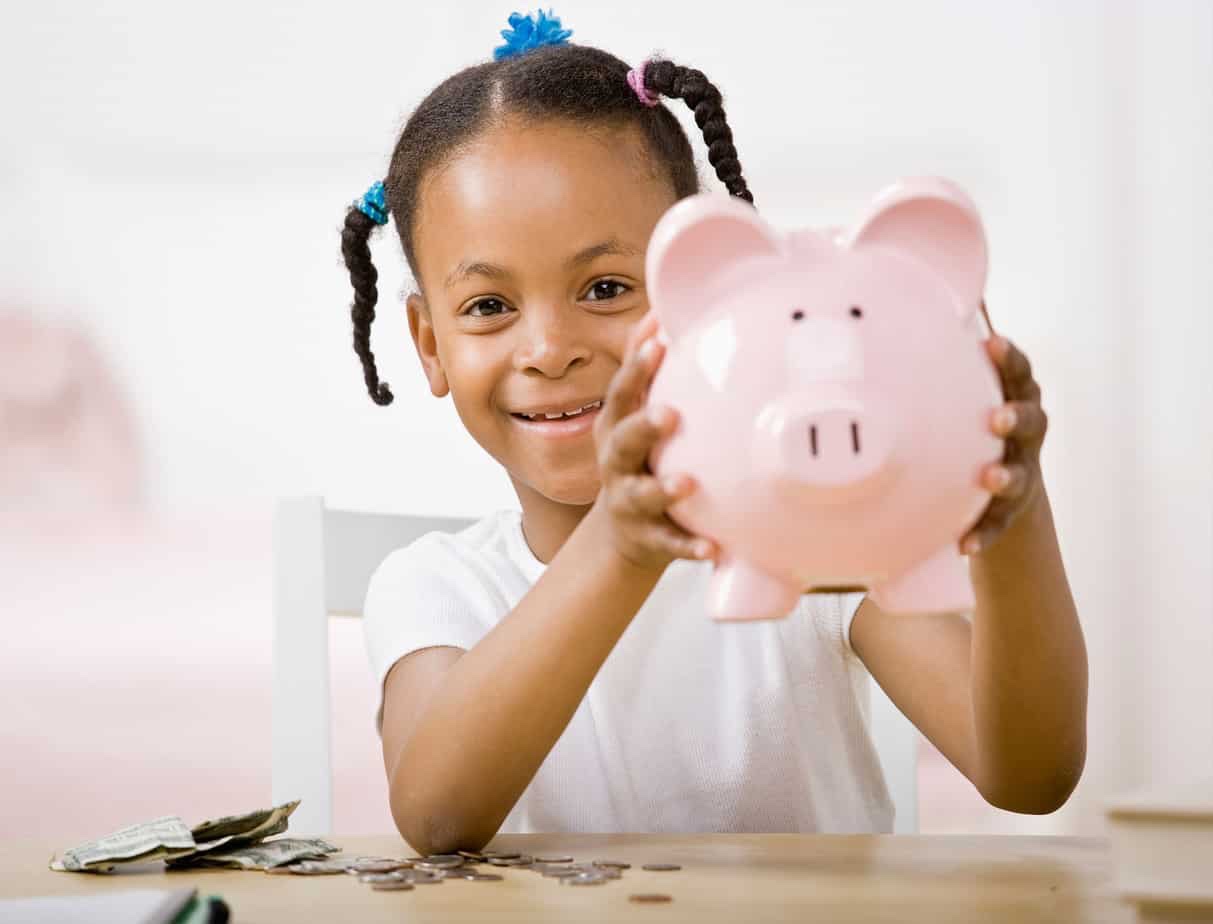Ever heard of the saying when life throws you lemons make lemonade? Well, that famous saying could well be attributed to the way many are responding financially during the coronavirus pandemic.
The coronavirus has spurred an economic crisis, and many are using the opportunity to learn to manage money better. While the world battles the widespread economic challenges brought on by the COVID-19 pandemic, Millennials especially, are gaining a new perspective on the value of a budgeting and long term investing
With fewer opportunities to spend either at a mall, a night club or a restaurant, many are becoming more aware of their (lack of) saving tendencies, and are making a concerted effort to change. As we adapt our habits to weather a volatile economy, here are four financial lessons our generation is learning along the way.
How much of our spending is “essential”

COVID-19 has limited the businesses currently operating to those deemed “essential” and manicures, hair cuts, night clubs or tattoos are certainly not on that list.
In fact, many have cut spending habits substantially in response to the coronavirus, and are embracing quarantine as an opportunity to evaluate and modify financial habits.
Now more than ever, personal finance companies and services are providing structure and guidance for those of us who want to improve their budgets — and we finally have time to do so.
For some of us, taking this time to improve our budgets during the pandemic may also reveal what we truly need to thrive. With shopping now limited to food and household supplies, the coronavirus has given a whole new definition of ‘essential.’”
We need to teach kids about personal finance

The coronavirus has shed some light on the lack of financial health among many but it may also be the catalyst for change, prompting parents to educate the next generation.
As most schools remain closed, parents have transitioned to homeschooling to finish out the year, and many are adding topics like personal finance to their children’s curriculum.
To teach your own children about money management, consider browsing through online resources from reputable organizations like the American Bankers Association (ABA). They offer tools, tips, and even games for a variety of age groups.
It’s important to invest for retirement

While many Millennials have drastically reduced discretionary spending in the last few months, Erin Lowry, author of Broke Millennial Takes On Investing, says the economic downturn caused by the coronavirus can offer young people a unique opportunity to begin investing for retirement.
“We actually use the wrong language when we talk about retirement,” says Lowry. “We say ‘saving for retirement,’ but really you’re investing for retirement.”
The stock market can be an intimidating arena, so if you are unsure about how to begin, speak to a professional or research online and you will find tons of resources to help you learn.
Everyone should have an emergency fund

The rapid, unpredictable nature of the coronavirus is forcing us to realize the reality of our ever dynamic world.
In conversations with my own friends, I’ve seen how the daunting the reality of business closures and millions of lost jobs have prompted a substantial shift in budget and spending habits.
Financial experts recommend saving roughly three-eight months of monthly expenses in an emergency fund. After nearly three months in quarantine, I think many of my peers will adopt their suggestion to maintain a healthier savings cushion long after the pandemic passes.
Also see Ever considered saving towards your children’s education?
Summary
The coronavirus has effectively altered everything we once knew as normal, but many have been quick to adapt and are continuing to adapt.
For some of us, quarantine restrictions have been an effective incentive to update budget practices. Others have explored investing opportunities and even young parents have utilized the extra time at home to teach their kids how to manage money well.
We are adopting new habits to improve our financial health, teaching our children to follow suit, and equipping our families to pull through this pandemic better than before.
Really good 👌🏾